| Irene is eight when her sister Rose is born, and she can’t understand why her mother isn’t more excited. Her family used to be fun, laughing and playing, but now her mum hardly does anything, leaving Irene, her dad and her nanna to attend to the baby. Presumably, Lillian, the mother, is suffering from postnatal depression, but this drags on and on. She can’t accept that she has a daughter with Down’s syndrome. As Irene takes on the mothering duties, Lillian seems less and less part of the family. |
Welcome
I started this blog in 2013 to share my reflections on reading, writing and psychology, along with my journey to become a published novelist. I soon graduated to about twenty book reviews a month and a weekly 99-word story. Ten years later, I've transferred my writing / publication updates to my new website but will continue here with occasional reviews and flash fiction pieces, and maybe the odd personal post.
|
4 Comments
The human mind has a wonderful capacity to protect us from unbearable memories, but there’s always a cost. As the narrators of these two novels discover when circumstances compel them to spend time with the mothers from whom they’ve grown apart. Read on to see which takes your fancy; I can heartily recommend reading both.
Let me tell you about these four novels featuring older women looking back at their lives, and forward, some with dread, to what’s left of it. The first is a translated novel set in Belarus. The second and fourth are set in care homes around the middle of the twentieth century. The third is a contemporary novel set in a London hospital with flashbacks to a glittery Alexandria. All illustrate the vulnerability of old age, but also the strength and spirit of the central characters.
Three short reviews of novels on the theme of love and loss: the first, set in Canada, about a woman whose husband disappears and turns up a year later with a new identity; the second, set in France, is about a man who yearns to be reunited with the lover from his youth before he loses himself to dementia; the third, a translated novel set in Spain, is about the tender relationship that develops between two brutalised people.
These two recent rereads focus on older characters who have been diminished by their culture’s punitive attitudes to their sexuality. In the first, a contemporary Londoner has hidden his love for his closest friend on account of the Caribbean community’s homophobia. In the second, a woman has been ostracised in twentieth-century Ireland because of the misogyny and genophobia among the powerful Catholic clergy. Yet a degree of redemption is offered to the characters, albeit late in life.
Wolf has lost his wife and, if he doesn’t get his act together, he might lose his daughter, at exactly the moment he needs her most. Michka is losing her words, but is desperate to use those remaining to express her gratitude to a couple she lost touch with in childhood, even though they saved her life. Although I’ve posted a few reviews already this year, these are the first of fiction published in 2021.
So often our actions, or inactions, have dramatic consequences, impossible to foresee. In very different ways, these two novels address this issue, the first in relation to carelessness, the second in life-transforming chance events. Each also explores the non-linearity of time. In addition, while the first includes a translator as character, the second is a translation itself – from the Finnish, my fourth for Women in Translation month.
Would you rather lose the use of your body or lose your mind? Both so dreadful to contemplate; perhaps it’s just as well we don’t get to choose. And neither need we choose in fiction: both these novels about brain degeneration are worth your time. In the first, a concert pianist’s encroaching paralysis due to motor neurone disease is mirrored by the psychological immobility of his ex-wife. In the second, the reader can gradually make sense of the obsessions of a woman with senile dementia through the memories of her family and carers. Painful topics but, for those who need it, these novels provide a note of lightness too.
Blogger and memoirist, Irene Waters, has been collecting memories of ordinary activities across the generations and across the world. Last October’s theme, collections, sparked some interesting reminiscences about stamps, birds’ eggs and the dysfunctional parts of ballpoint pens, to name but a few. The latter came to mind when I was reading about Cathy, the protagonist of the second novel reviewed in this post, and I’ve linked her with Julia, whose unusual life, and posthumous career, is the subject of Orphans of the Carnival, who was less a collector than an object of curiosity herself. I hope you’ll be curious enough to read on.
Every novel is comprised of different parts that writers, readers and reviewers hope will combine into a satisfying whole. My last two reviews of 2016 – before I reveal my favourites of the year – are of novels for which finding that coherence is a particular challenge, but extremely worthwhile if achieved. Both published this summer, neither seems to have attracted many reviews on Goodreads, but I’m impressed with both (albeit one more than the other) so I hope you’ll at least give my reviews a chance.
Not really, of course! But I thought it would be fun to combine my reviews of two novels with “Everything” in the title, especially when both explore the nature of memory and require the reader to work a little harder to figure out who is speaking sometimes. Oh, and they both have blue covers!
As the world goes crazy, I crave, in my reading, not escapism, but a reflection of the flawed complexity of human beings and the things we do to make life that bit harder. But I need to be in safe hands to do so. So thanks to Louise Doughty and Jane Rogers – both established British authors unafraid to tackle difficult subjects – for providing that in their latest novels. Although quite different in their focus, both involve the characters reviewing painful pasts and their own culpability in order that their next mistakes might be that bit smaller.
These two novels explore the impact of two of America’s controversial wars (Vietnam and Iraq) on combatants, observers and their nearest and dearest.
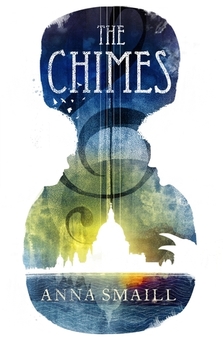 Have you ever walked into a room and forgotten what you came for and had to retrace your steps until you know? Have you ever forgotten something you were sure you’d remember and ended up repeating the self-same mistake you’d made the last time? Do you bring back souvenirs from holidays; do you treasure pictures, ornaments and other miscellany, not for their monetary value, but for the memory of how they came your way? Have you ever been touched by music in a place where words hardly signify? Have you ever been affected by a sound so loud you hear it, not just in your ears, but in your entire being? If your answer to any of these questions is yes – and I’d be surprised if it isn’t – you’ll connect with the themes in Anna Smaill’s exceptional debut novel, but you might need to hold onto these ideas to see you through the disorientating opening chapters. The plot is a classic quest: two young men gradually uncover the tangle of lies perpetrated by the elite of their country and set off to infiltrate the seat of power and destroy the source of their destitution, risking their lives in the liberation struggle. It’s a straightforward plot, but deployed with sophistication; there’s no simple demarcation between good and bad. Reaching the hallowed halls, Simon, the narrator wonders (p273): But what did we have to offer her in return, next to this beauty? the voice in my head says. No answers, no order. Nothing but mess, questions, fear. 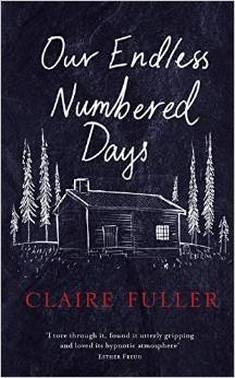 The daughter of a German concert pianist and her (one-time stand-in page-turner) younger husband, Peggy Hillcoat is eight in the hot summer of 1976 when her father tells her to pack her rucksack and come with him on a journey. As they travel across Europe by car, train and, latterly, on foot, Peggy is less and less confident that this is a holiday. But the stories her father has told her about the secret cabin in the forest spurs her on, and even when she loses her shoe on a perilous river crossing she doesn’t completely give up hope. Yet when they finally reach the cabin, even her father is disappointed at its dilapidated state. Peggy is ready to return home until her father tells her that, not only is her mother dead, but the rest of the world beyond the river is no more. Nine years later, Peggy is back with her mother in London, struggling to adapt to a world of overwhelming luxury and choice (p41): Awaiting the Grim Reaper: The Love Song of Miss Queenie Hennessy and The A-Z of You and Me12/3/2015 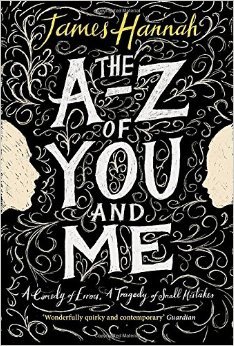 Ivo lies in bed in a hospice, part of him, at only forty, unable to accept that he’s there. His favourite nurse, Sheila, suggests he play a game to keep his mind occupied: composing an A-Z of body parts, each linked to a tale about his life. He addresses these to an initially unnamed other – using as a form of the second-person point of view I’ve discussed in a previous post – who turns out to be his girlfriend, Mia, now sorely missed. Ivo was born into a loving family but, after his father died when he was only six, he’s always had difficulty avoiding the influence of the wrong kind of friends. An insulin-dependent diabetic from his late teens, like some other young people with the condition, he doesn’t always attend sufficiently to his self-care. On top of this, there’s Malachy, his best friend from school and his elder sister’s partner, tempting him to sample a cornucopia of drug-fuelled highs. As Ivo’s condition worsens, and the hospice staff recommend morphine for the management of this pain, he becomes increasingly anxious about the prospect of a visit from Malachy from whom he’s become estranged. 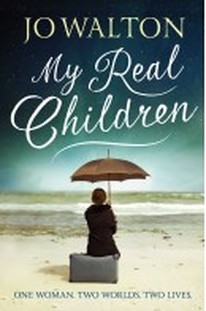 One of the joys of fiction is its capacity to let us sample alternative lives. But even in fiction, a character can follow only one path. Or can they? Some writers have played with our human desire to know what would have happened had we chosen that route rather than this by following both. In The Post-Birthday World (described in a mini review here from Safia Moore) Lionel Shriver shows us the consequences of the main character Irina’s decision to both give into and resist the temptation to have an extramarital affair. My Real Children follows a similar structure, with alternate chapters focusing on the Tricia who marries Mark and the Pat who doesn’t. The novel begins with Patricia reviewing her life. Nearing ninety and resident in a care home, she is often described by the staff as “very confused”. But her confusion has an extra layer to the usual fictional dementia: she has vivid memories of two separate selves with two distinct sets of children. Both threads begin with a little girl called Patsy, playing on the beach with her father and brother. They also include Patty evacuated with her school at the outbreak of the Second World War which kills both her father and brother. Patty makes it to Oxford University where she almost crosses paths with Wittgenstein and Alan Turing and, only a few days before graduation, falls for the somewhat intense Mark. After a two-year separation and countless passionate letters, Mark phones her to ask her, somewhat hopelessly, to marry him. 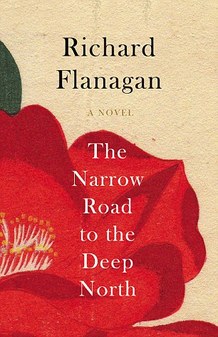 Around the sixtieth anniversary of the ending of the Second World War, there were whispers in the media about old men being traumatised by the memories of the horrors of their youth that were triggered by the worldwide commemorations. As a psychologist, I’d long been interested in repressed memories and, as the offspring of a World War II veteran, I was curious about the impact on my generation, one of the themes I wanted to address in my novel, Sugar and Snails. So my ears pricked up when, earlier this summer, I caught a BBC radio broadcast about a novel exploring one of the greatest atrocities of that war by a man whose father had survived it. I liked the way Richard Flanagan refused to provide easy answers: he’d spent twelve years trying to understand what evil was but ended up no wiser. I strongly recommend you listen to his interview with Mariella Frostrup – it starts about two minutes into the broadcast and lasts about 10 to 12 minutes – who does a much better job at selling the novel than I can. But I’ll give it my best shot … Literary Dementia: novels by Emma Healey, Fiona McFarlane, Julie Cohen and Michael Ignatieff26/9/2014 With Alzheimer’s research in the news again lately, I thought I’d better knuckle down to my much foreshadowed post on literary dementia. For readers and writers who are wary of fictional old age, the spectre of dementia might seem a definite no-no. Yet there’s so much potential in the condition for creative exploration and expression: the poignancy of loss; the enigma of memory and identity; the frustrations experienced by family and other carers; even, for those who can achieve the right tone without denigration, humour. So it’s heartening to discover young women writers who are addressing these themes in their debut novels: Emma Healey in the UK with Elizabeth Is Missing, and Fiona McFarlane in Australia with The Night Guest. I thought I’d draw on those novels, along with two less recent novels from more established writers, Getting Away With It by Julie Cohen and Scar Tissue by Michael Ignatieff, to explore fictional representations of dementia. Dementia as mystery
One of the tragedies of dementia is the way in which the ordinary is rendered unfamiliar. Names of people and everyday objects are forgotten; life becomes a mystery to be solved. This aspect of the condition is beautifully played out in Elizabeth Is Missing in which eighty-one-year-old Maud attempts to resolve the dual mysteries of the sudden absence of her good friend, Elizabeth, as well as the disappearance of her elder sister in her 1940s childhood. Maud, like a true detective, tells us how she tries to be systematic, […] to write everything down. Elizabeth is missing and I must do something to find out what’s happened. But I’m so muddled. I can’t be sure about when I last saw her or what I’ve discovered. I’ve phoned and there’s no answer. I haven’t seen her. I think. She hasn’t been here and I haven’t been there. What next? I suppose I should go to the house. Search for clues. And whatever I find I will write it down. I must put pens into my handbag now. The thing is to be systematic. I’ve written that down too. (p22) The Night Guest also starts with a mystery: Ruth, a seventy-five-year-old widow living alone in a house by the sea, is woken at four in the morning by the noise of a tiger in the next room: Something large was rubbing against Ruth’s couch and television and, she suspected, the wheat-coloured recliner disguised as a wingback chair. Other sounds followed: the panting of a large animal; a vibrancy of breath that suggested enormity and intent; definite mammalian noises, definitely feline, as if her cats had grown in size and were sniffing for food with huge noses. (p1) Dementia is also something of a mystery for those who witness the decline in a relative, as explored by a son trying to care for his mother in Scar Tissue: When I could think about anything at all, I thought that the simplest facts about what had happened would never be clear: when her illness commenced, when she was first aware of it, whether the manner in which she had struggled with it delayed or altered its course in any way; whether the manner in which we cared for her and fought to keep her aware of her surroundings helped to slow its passage through her brain; whether it was an illness of memory or an illness of selfhood. Simple explanations will not do. They fail to accord her the necessary respect. (p170) Second childhood In their confusion, decreased competence and need for extra assistance with navigating the tasks of daily life, dementia sufferers might sometimes seem like children. This can cause frustration in relatives as in these two quotes from characters in Getting Away With It: ‘Sounds monstrous, doesn’t it? But it’s maddening, an adult acting like a child. And it isn’t like normal illness, because they won’t get better …’ ‘If she were whole, herself, I could argue with her … I want her to be herself again so I can be angry with her properly …’ (p368) Memories of the distant past are often sharper than those of more recent events, so it makes sense that Maud, in Elizabeth Is Missing, should return to an unresolved issue from her childhood. In The Night Guest, Ruth’s experience of the tiger prowling her lounge is reminiscent of a child’s conjuring of fairies, monsters or an imaginary friend. Unfortunately, her childlike innocence leaves her ripe for exploitation. |
entertaining fiction about identity, mental health and social justice
Annecdotal is where real life brushes up against the fictional.
Annecdotist is the blogging persona of Anne Goodwin:
reader, writer, slug-slayer, tramper of moors, recovering psychologist, struggling soprano, author of three fiction books. LATEST POSTS HERE
I don't post to a schedule, but average around ten reviews a month (see here for an alphabetical list), some linked to a weekly flash fiction, plus posts on my WIPs and published books. Your comments are welcome any time any where. Get new posts direct to your inbox ...
or click here …
Popular posts
Categories/Tags
All
Archives
March 2024
BLOGGING COMMUNITIES
|
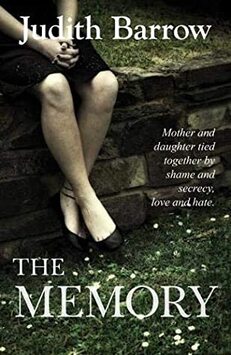
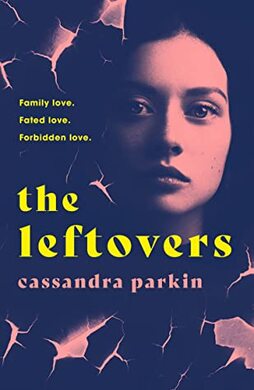
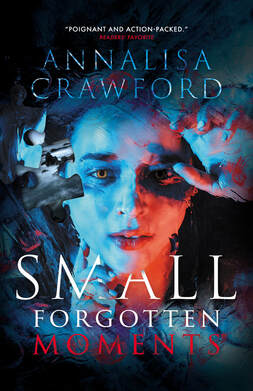
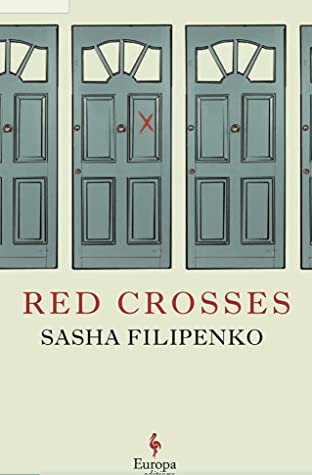
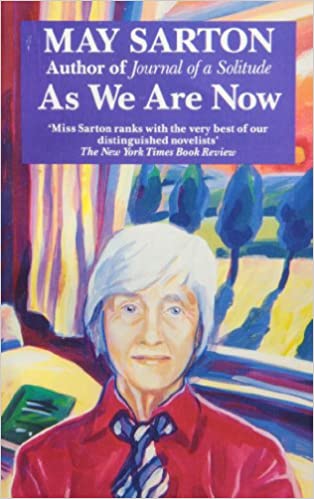

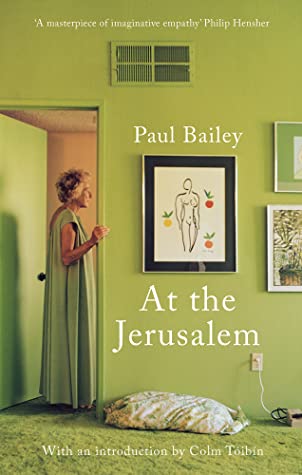
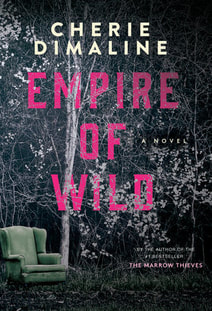
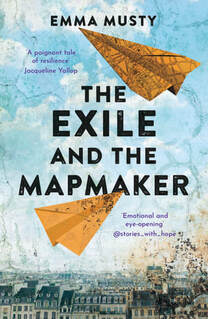
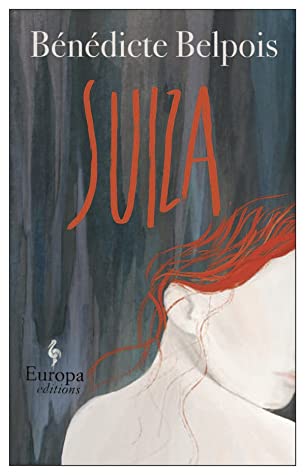
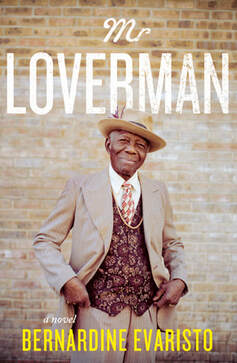

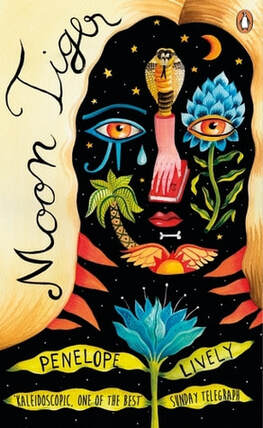
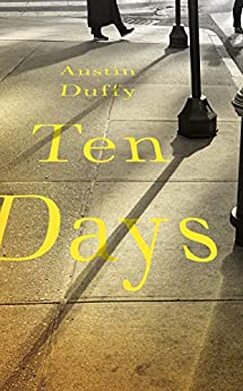
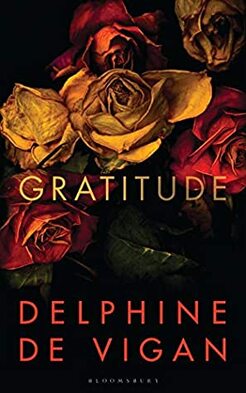
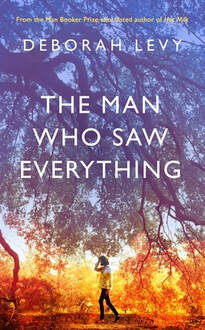
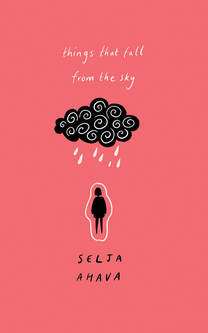

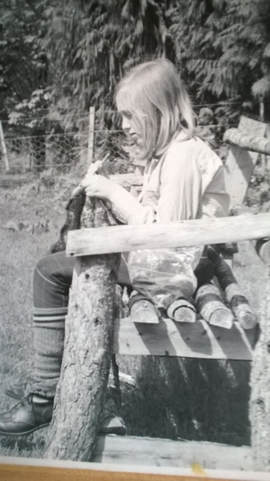
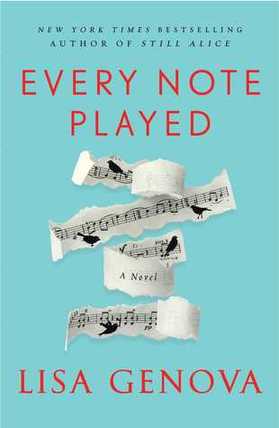
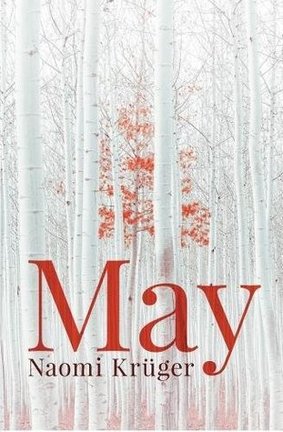
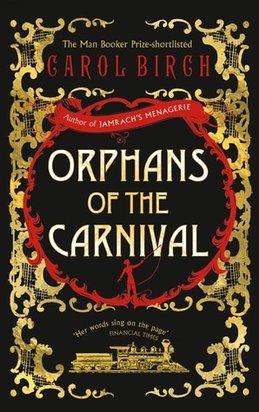
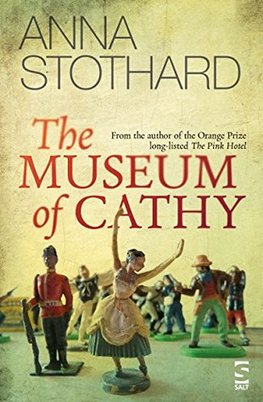
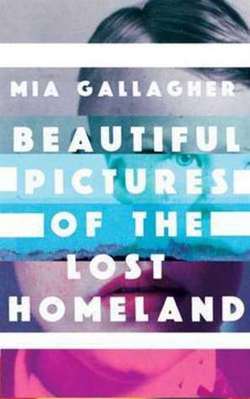
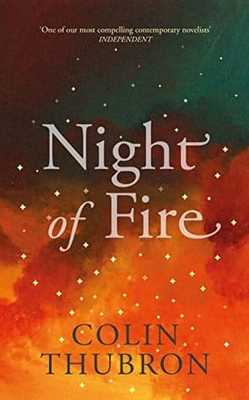

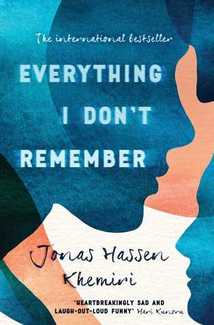
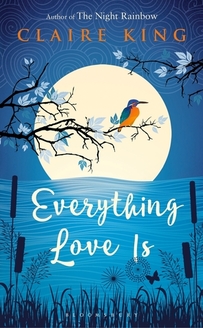
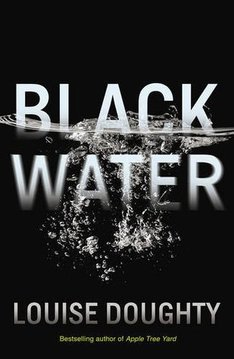

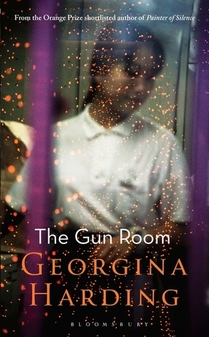
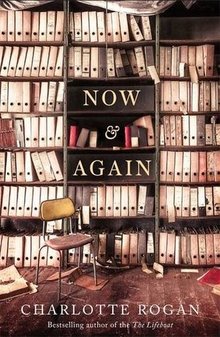
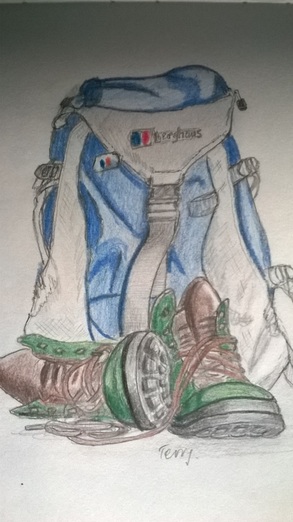

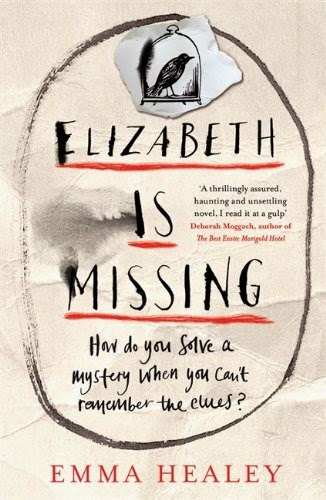
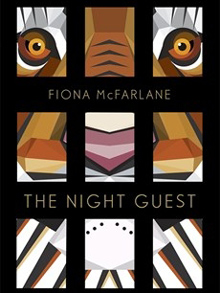
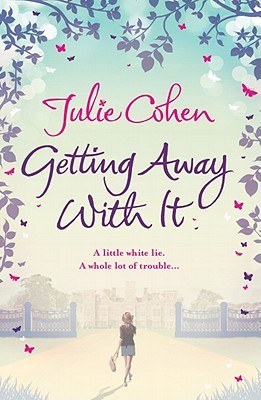






















 RSS Feed
RSS Feed





















